
Everything You Need To Know About The 2026 Winter Games
Everything you need to know about the 2026 Winter Games, including dates, locations, events, venues, and more!
- Lauren Stuttaford


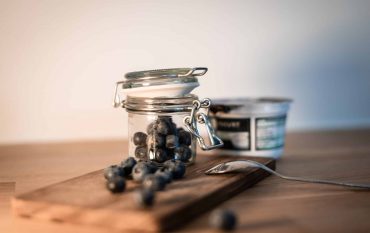
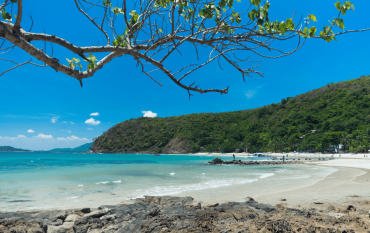
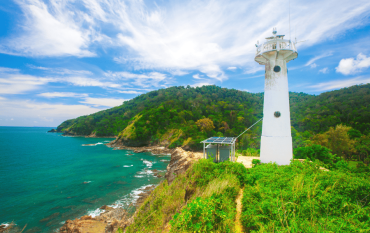


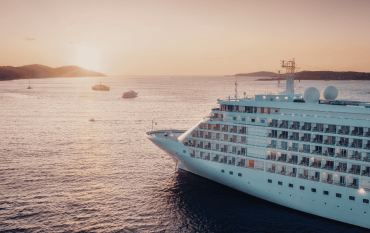
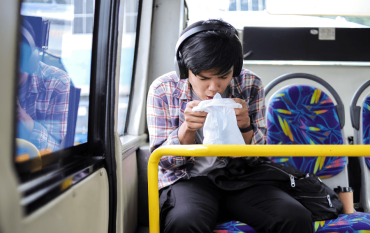
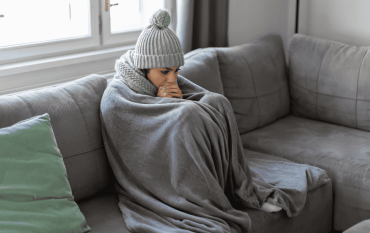
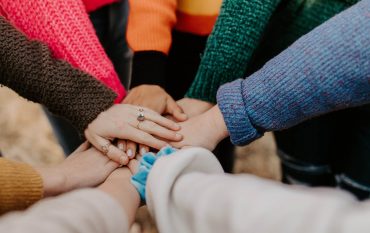
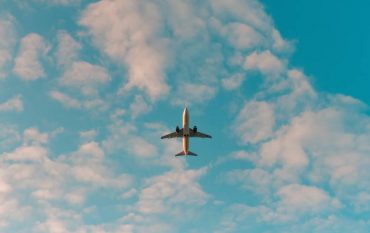

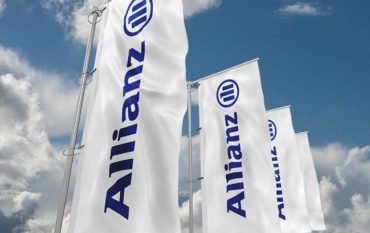


Jenny is the CEO and one of the Co-Founders at Air Doctor. She spent more than 20 years at Intel, most recently as general manager of its manufacturing facility in Israel and before that in various engineering and manufacturing roles in Silicon Valley. Air Doctor is her second startup having previously founded electric vehicle company ElectRoad.
